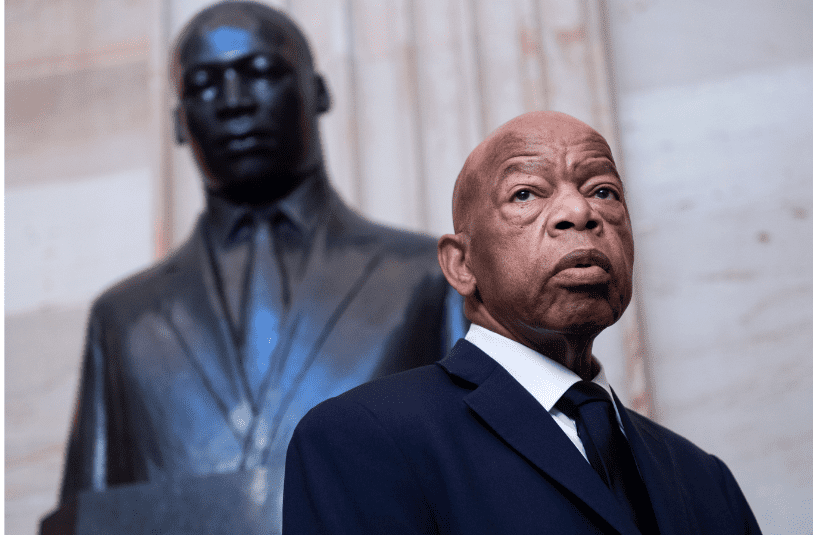
Let’s think Internationally about Black History: A Sixth Form Discussion
Alex, the Sixth Form International Prefect has taken time to discuss Black History Month with her fellow Sixth Formers. In this article, Alex has compiled the conversations she had with her fellow Sixth Formers, focusing on what they have learnt during Black History Month this year.
At the Abbey, we have the opportunity to access a fantastic education, learning from teachers who are passionate about the subject they teach. We wanted to broaden our interests and discuss some of the current issues. Especially this year, when we’ve been bombarded by COVID statistics and natural disasters, not to mention the social injustices that have sparked a strong resurgence in the Black Lives Matter movement. In the context of the challenges 2020 has brought, it has been hard to look further back and see the people and events that came before us.
Black History Month is for celebrating black people and culture, and learning about their history and achievements. I wanted to get a really good look at some of the opinions of other sixth formers, not only to share their thoughts but also to start some conversations about the world we live in, and what we want for our future.
Is there someone you’ve learned about during Black History Month in the past that you admire?What drew you to their story or their achievements?
Reni Eddo Lodge
A British journalist who wrote a ‘Why I No Longer Talk To White People about Race.’ She basically opened up the book market for more black authors and opened up the conversation of race to a mainstream audience. As a contemporary writer with her podcast, her work is accessible and relatable as it relates to the UK. Elizabeth
John Lewis:
an icon of the civil rights movement who we don’t hear about as much (compared to MLK and Malcolm X). It was unfortunately his death which brought him to my attention, but reading about his work as a civil rights activist and later as a member of the US House of Representatives was very enlightening. Lila
Is there anything you have learnt from the BLM movement that you want more people to know about?
BLM is not about certain lives mattering and others not. I used to believe this but the emotion of the recent movement compelled me to realise that the movement is so much larger than that simple statement. When black lives matter all lives matter as well, their importance does not diminish others! Emily
How do you think BLM has changed people’s opinions and outlook on society?
I hope that people will become more actively inclusive and aware that discrimination still is a very real problem to this day. I think the younger generation are quite appalled by some history and are passionate about making a positive change on society. Hannah
Is there something you think that we as individuals or a school could do to prevent prejudice in our community?
Getting the information out there- many of our students come from small schools in arguably sheltered communities and it’s not always their fault that they aren’t aware of what’s going on in the world. The problem then emerges when we, as an inner-city secondary school, are aware of the issues in the world and then choose to not share them for fear that they will be upset. There are black children that have to have those conversations with their parents when they’re 5 or 6 because there’s fear that they will be discriminated against. As a community we didn’t start that discrimination but by not discussing it we are most certainly contributing. Emily
In the UK there was some controversy around the removal of statues of white historical figures, most notably that of Edward Colston in Bristol. What do you think should be done with statues of such people, for example, removing them entirely or moving them into museums?
There is a museum In Germany called the Citadel Museum, which still shows statues of controversial people, but they are on ground level so visitors are not looking up at them, and they aren’t surrounded by protection and are just treated how people want to treat them which I think is really good and that would be something to think about if the government didn’t want to get rid of the statues entirely. Poppy
As we see the world being changed from the ground up before our eyes, it is important to think about the deeper meaning of things, from controversial statues to laws that were created before those they oppressed could challenge them. Change is a necessary tool in creating a society with equity and opportunities for everyone within it. Embracing change can be difficult, uncomfortable and challenging, especially for those of us who have come from positions of privilege. Black History Month brings to the centre the people who fought for a fairer world, and reminds us of our responsibility to embrace and enable their vision.
Alex, UVI (Year 13)

